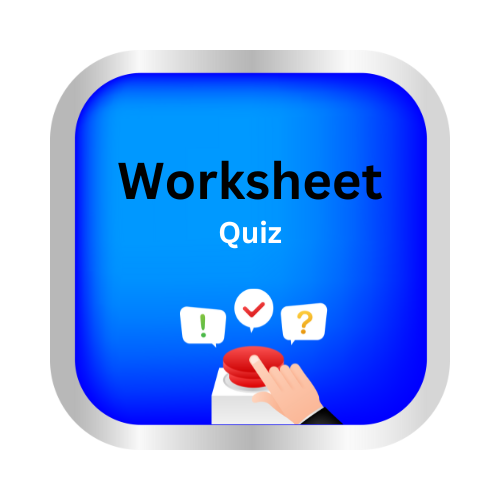Find synonyms in context
Key Notes :
| What are Synonyms? |
Synonyms are words that have similar meanings. Knowing synonyms helps you understand what you read and write better! Instead of always using the same words, you can use synonyms to make your writing more interesting.
For example:
- Happy and Joyful are synonyms.
- Big and Large are synonyms.
- Sad and Unhappy are synonyms.
| Finding Synonyms in Context |
Sometimes, a word can have many synonyms, but only one or two might fit in a specific sentence. That’s why it’s important to look at the context of the sentence. Context means the words and sentences around the word you’re thinking about. Understanding the context helps you choose the best synonym.
Here’s how to find synonyms in context:
- Read the Sentence Carefully: Understand what the sentence is about.
- Identify the Word: Find the word you want to replace with a synonym.
- Think of Synonyms: List words that have a similar meaning.
- Test the Synonyms: Try each synonym in the sentence to see if it makes sense.
- Choose the Best Fit: Select the synonym that fits best in the context.
| Examples |
Example 1:
Original Sentence: The brave knight fought the dragon.
Synonyms for brave: courageous, fearless, bold.
Possible sentences using synonyms:
- The courageous knight fought the dragon. (Fits well)
- The fearless knight fought the dragon. (Fits well)
- The bold knight fought the dragon. (Fits well)
All the synonyms fit well in this context.
Example 2:
Original Sentence: The dog was very happy to see its owner.
Synonyms for happy: joyful, glad, cheerful.
Possible sentences using synonyms:
- The dog was very joyful to see its owner. (Fits well)
- The dog was very glad to see its owner. (Fits well)
- The dog was very cheerful to see its owner. (Fits well)
All the synonyms fit well in this context.
| Exercises |
Instructions: Read each sentence and replace the underlined word with the best synonym from the choices given.
Write the new sentence on a separate piece of paper.
- The car was very fast.
(a) quick (b) rapid (c) speedy (d) all of these - The children were very noisy in the playground.
(a) loud (b) quiet (c) silent (d) calm - The old house was very creepy.
(a) scary (b) happy (c) funny (d) joyful - I saw a bird in the tree.
(a) looked (b) watched (c) noticed (d) ignored - The food was very tasty.
(a) delicious (b) awful (c) disgusting (d) nasty
| Next Steps |
Keep practicing finding synonyms in different contexts. The more you read and write, the better you’ll become at choosing the perfect word!
Let’s practice!

